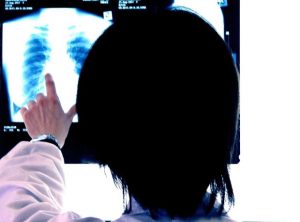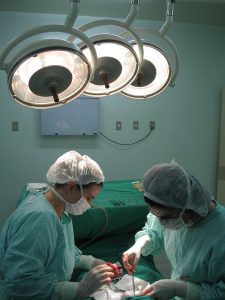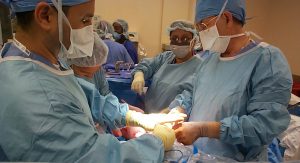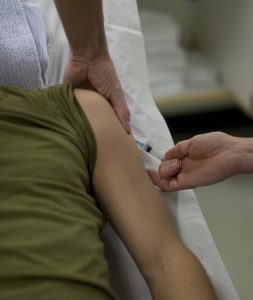Suing the at-fault driver responsible for your South Florida car accident injuries is really just the first of what could be several legal options. The other driver might be liable for negligent operation of that vehicle, but the vehicle’s owner might be vicariously liable. So too might the driver’s employer, if the driver was acting in the course and scope of employment when they crashed. If the crash was caused in whole or in part due to a defective vehicle or faulty vehicle part, the product designer, manufacturer and/ or marketer could be held responsible too.
Thoroughly investigating the case and identifying and naming potential defendants is imperative because failure to do so could result in you not receiving all the compensation to which you would otherwise be entitled.
In any injury or wrongful death lawsuit, the court will be asked to apportion fault. The defendant driver shares a percentage (sometimes all) of the fault. Sometimes you, the plaintiff, will be assigned a percentage of fault (known as comparative fault, though thankfully in Florida, F.S. 768.81 does not bar you from collecting compensation, even if your damages will be proportionately reduced). Other named defendants may also be apportioned fault, and they will be responsible for paying their fair share. However, if the court finds that a non-party is responsible for some percentage of the blame, you may not be able to collect their share of the damages.
However, there is a bit of good news for plaintiffs who acknowledge there is another potential defendant, but don’t know his/ her identity. (We see this in hit-and-run crashes and so-called “phantom vehicle” cases). The saving grace there is uninsured motorist coverage (UIM) benefits. Continue reading
 South Florida Injury Lawyer Blog
South Florida Injury Lawyer Blog

















